Black Educators, Others Reimagine Future of Education
Share
Explore Our Galleries
Breaking News!
Today's news and culture by Black and other reporters in the Black and mainstream media.
Ways to Support ABHM?
By Aswad Walker, Originally Published by Defender Network
Visionary Black educators are revolutionizing learning through personalized, community-focused, and culturally relevant approaches.
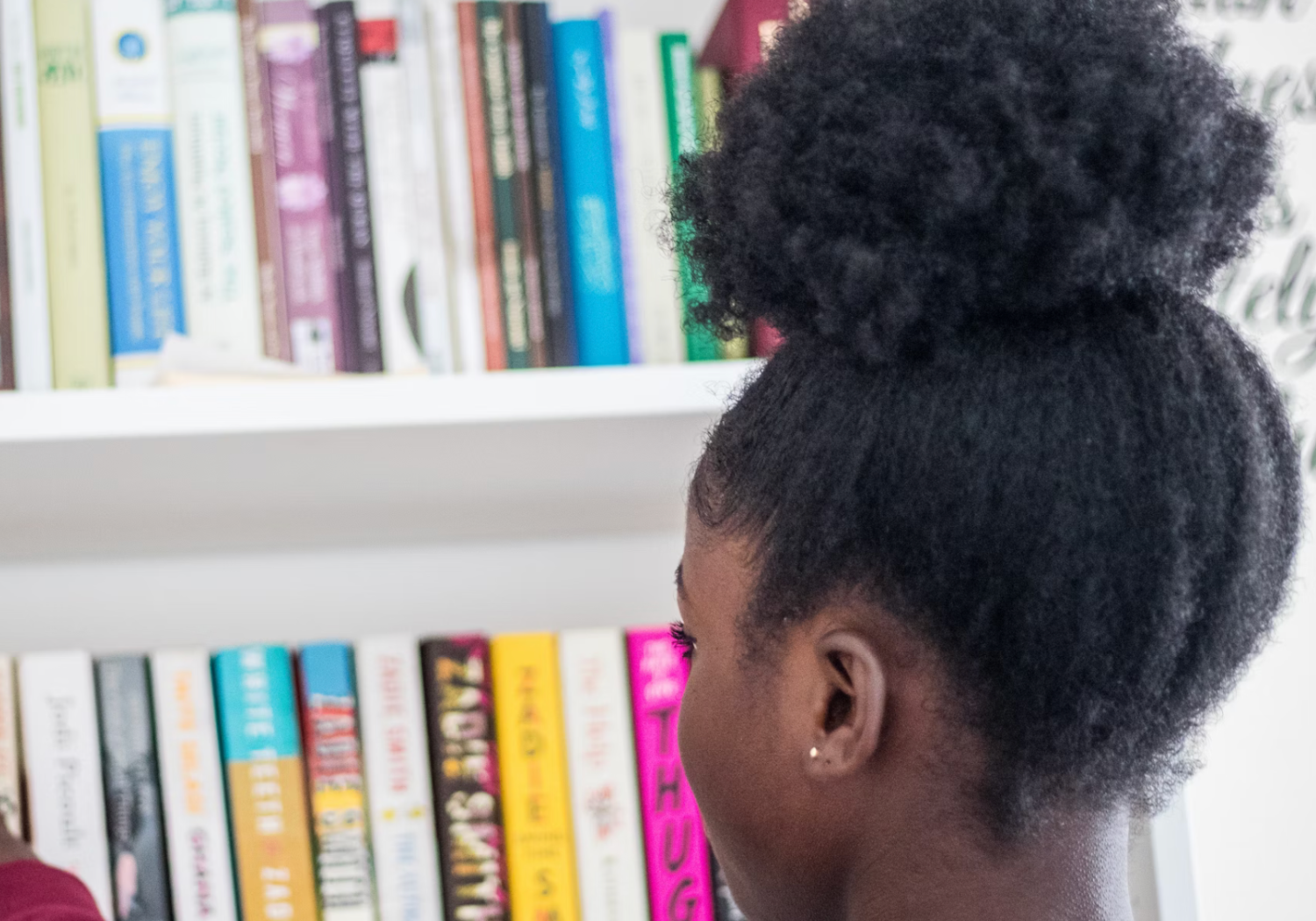
John Peavy III was seemingly destined to reimagine education.
His mother, Gail Revis, spent 35 years leading guidance counselors for HISD. His grandmother taught Spanish and served as an assistant principal. His grandfather pioneered the School of Liberal Arts at Texas Southern. Peavy grew up surrounded by conversations about both the promise and pain of educating Black children.
Now, as founder of Radiant 7 Ventures, Peavy is pairing those lessons with cutting-edge artificial intelligence to re-engineer how students learn.
Netflix-GPT University
Peavy’s vision sounds like something out of science fiction — a “Netflix-style” education model where learning is personalized, flexible and available on demand.

“From that experience, I knew it was not just about the hard numbers in terms of grades and scores, but you have to treat students holistically,” said Peavy. “So, I’ve founded Radiant 7 Ventures, and we’ve partnered with AI enterprise software companies that allow us to create applications that enhance the student experience, enhance the faculty and staff experience and also lower administrative costs for schools, both at higher ed and K through 12.”
“One of the primary things in terms of enhancing the student experience is that we’re able to create a knowledge base for the students that takes the student experience from being a fixed schedule, fixed curricular experience to something more like a streaming or a Netflix experience where you get personalized learning that’s adapted to the students’ learning styles, their learning gaps,” he explained. “They don’t have to be at school at 8 a.m. to get math. They can get math if they want and they can seamlessly go from math to Spanish and back to history based on what they need at that moment.”
We’re able to create a knowledge base for the students that takes the student experience from being a fixed schedule, fixed curricular experience to something more like a streaming or a Netflix experience.John Peavy III
The interface is designed like ChatGPT.
“So, the ability to use an interface like ChatGPT, talk to it, get answers, have the answers prompt you for questions to make sure that you are actually learning the materials, makes it very easy to digest,” Peavy added.

Hyper-Personalized Lessons
Peavy said the apps his company is producing go beyond standard curricula and take student life experiences, including past traumas, into consideration.
“We know that different students have different learning styles. We also know there are certain social determinants that drive students’ ability to learn. So, we can’t just teach the curricula,” stated Peavy. “We also have to address those learning styles and those social determinants. If we know there’s a food inequity situation, plus they’re a visual learner, then that’s a certain type of curricular material that the student needs. That becomes true personalization.
Read more on how Black Educators are reimaginging the future of education .
Check out our Breaking News section for more Black News
Check out our black history galleries.
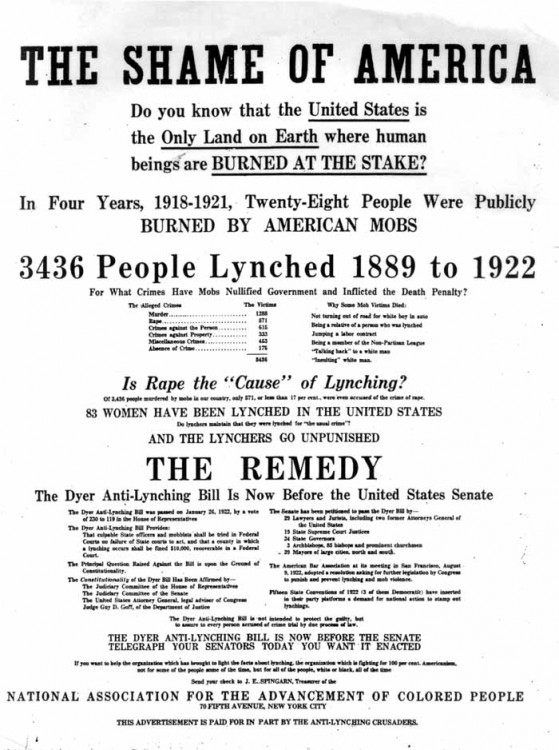
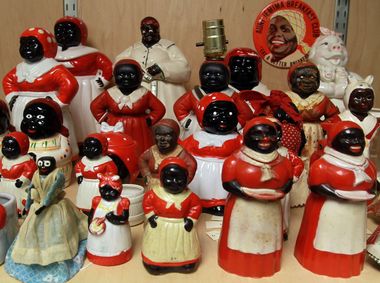
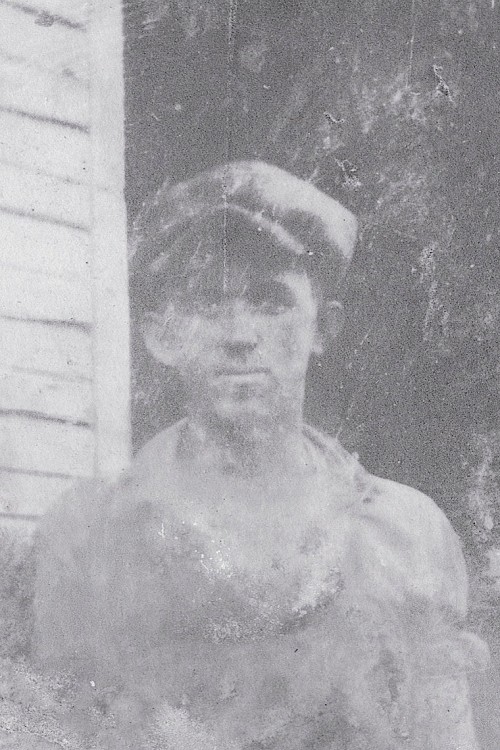
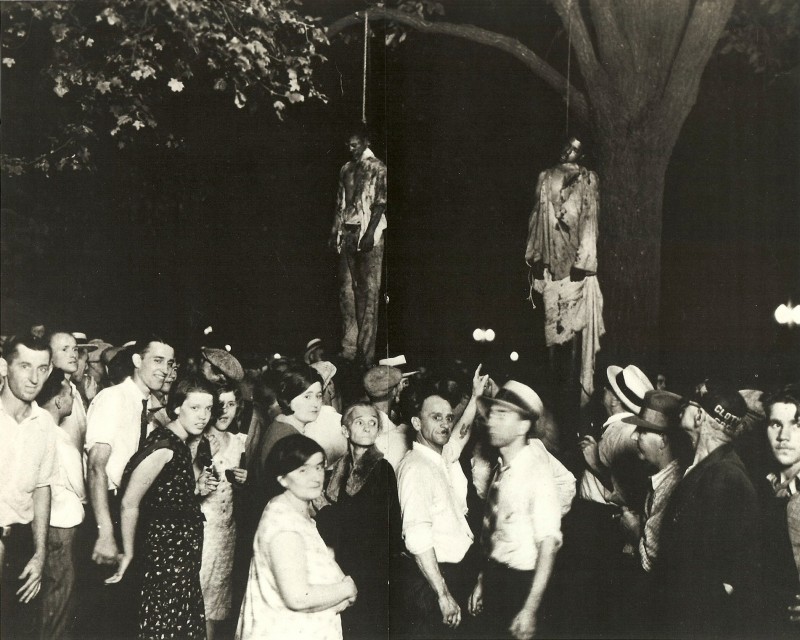




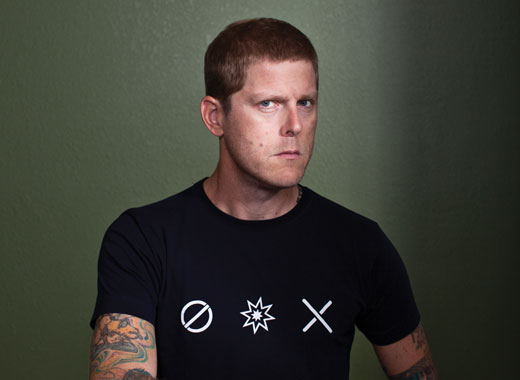
Comments Are Welcome
Note: We moderate submissions in order to create a space for meaningful dialogue, a space where museum visitors – adults and youth –– can exchange informed, thoughtful, and relevant comments that add value to our exhibits.
Racial slurs, personal attacks, obscenity, profanity, and SHOUTING do not meet the above standard. Such comments are posted in the exhibit Hateful Speech. Commercial promotions, impersonations, and incoherent comments likewise fail to meet our goals, so will not be posted. Submissions longer than 120 words will be shortened.
See our full Comments Policy here.